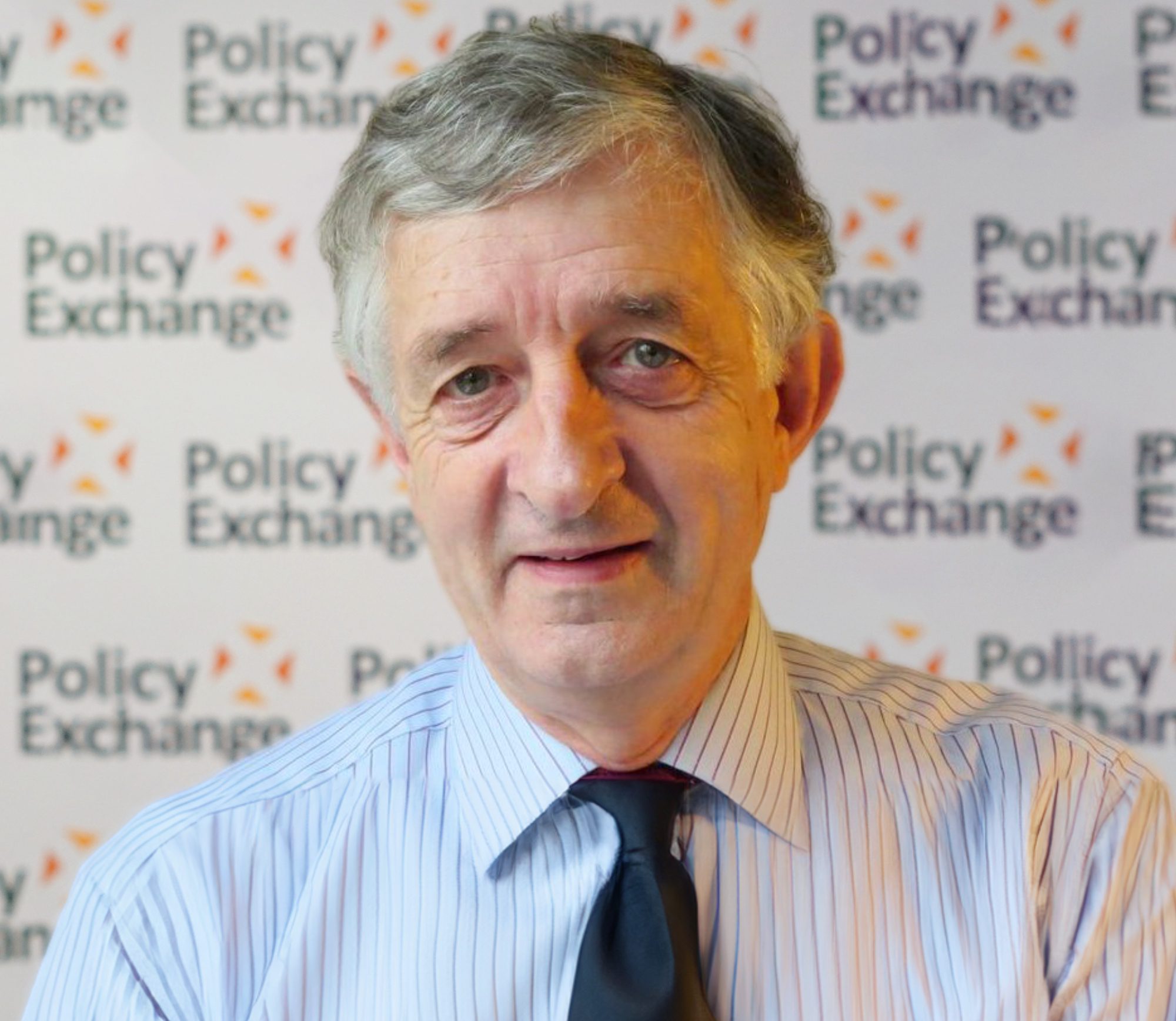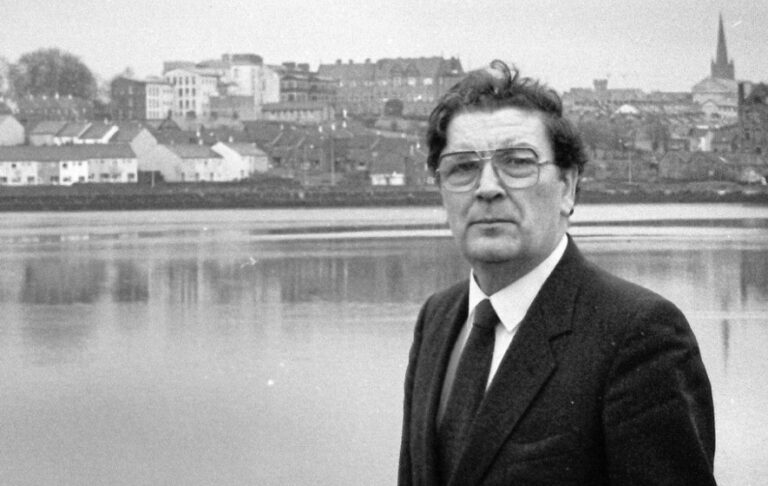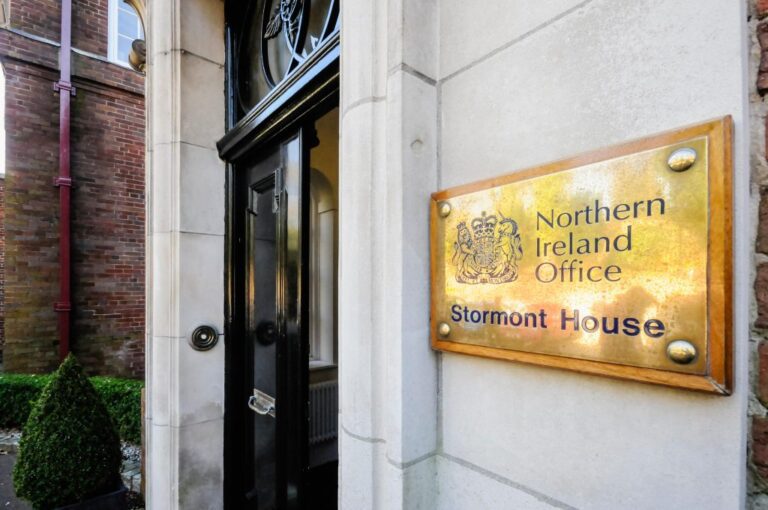
Dr Graham Gudgin
Chief Economic Adviser
The end of the 30-year IRA campaign of bombing and killing in 1998 signaled the demise of a republican strategy which had lasted on and off for a century or more. It did not, though, mark any diminution of the aspiration for Irish unity among Irish nationalists north or south. In their first annual conference following the Good Friday Agreement, even the moderate nationalist SDLP was at pains to emphasise that its number one aim remained unification.
From the Good Friday Agreement onwards, nationalists have had to focus on demographic means of achieving their aims. In practice, there was never any real hope or expectation of converting many Protestants to their cause even though occasional Sinn Fein dreamers imagined schemes which might make a united Ireland more palatable to northern Protestants. The idea that such schemes could work were further undermined by recent polling in the South. This shows that few voters in the South would be willing to change much to accommodate northern Protestants, such as altering the national anthem, joining the Commonwealth and certainly not extra taxation.
In practice, this means that nationalists have had to rely on the prospect of demographic change to gain a majority in the North for Irish unity. The idea of Catholics with their higher birth-rate outbreeding the Protestants was promoted for many years by the editor of the Irish Press newspaper Tim Pat Coogan. After the Good Friday Agreement each decennial census in Northern Ireland has been eagerly anticipated in the hope of demonstrating a Catholic majority. The eagerness of Irish nationalists was also matched by parts of the British left with, for instance, the Independent newspaper’s political editor, David McKittrick, predicting a majority would be revealed in the 2001 Census.
Such hopes and prospects did not materialise in 2001 and 2011, but some nationalists now claim that ‘our day has come’ with the results of the 2021 Census that was revealed this week. The Census measures two things in respect of religion. The first is the respondents’ answer to the question ‘what religion, religious denomination or body do you belong to?’. The results showed that 42.3% of the 1.9 million people in Northern Ireland were recorded as Catholics or Roman Catholics. A further 37.4% were recorded as other Christian denominations, and mainly Presbyterian or Church of Ireland, (28%). Just under 19% said they had no religion, with 1% declining to answer and a further 1% stating a non-Christian religion.
A second questions asked ‘what religion, religious denomination or body were you brought up in?’. This question expanded the numbers ascribed to both Catholic and Protestant groups. The Catholic group rose to 45.7% and the Protestant group to 43.5%. The proportion not brought up in any religion was 9.4%.
What caused great excitement was that for the first time the Catholic group outnumbered the Protestants. In their excitement the BBCNI website initially ran an inaccurate headline ‘majority of NI people from a Catholic background’, later changed to ‘more from Catholic background in NI than Protestant’. The importance of this was an assumption that this result could be reflected in a majority for Irish unity if a Border Poll were held. In addition was the assumption that this provided the Secretary of State with enough evidence to hold a poll as he (or she) is mandated to do under the Good Friday Agreement.
Right on cue an Irish Times headline reported ‘Fresh calls for Border Poll in wake of NI census results’. On further inspection the article reported Sinn Fein calls not for an immediate Border Poll but for ‘the government to establish a citizen’s assembly to plan for a potential Border Poll’. This reflects characteristic Sinn Fein nervousness about a poll. They demand that a poll should occur but never quite yet. Yesterday’s statement was accompanied by the usual bravado of ‘a historic change is happening across this island and is irreversible’, but this may be more to maintain nationalist enthusiasm than to pressurize a Secretary of State into action.
There is of course a general tendency for the Catholics to increase their share of population in Northern Ireland. Family sizes are still somewhat larger than for Protestants and the more elderly Protestant population loses greater numbers each year. Yet, in the context of Irish unity, the Census flatters the cause. One factor is that there are now over 50,000 people in Northern Ireland who were born in predominantly Catholic countries outside the British Isles, including Poland, Lithuania, Portugal and the Philippines. If all of these defined themselves as Catholic or from a Catholic background in the Census then they would comprise 6.3% of the Catholic total. The views of these people on Irish unity are unknown but it would be unreasonable to assume that they fully mirrored the views of Catholics with an Irish background. We do know that they are widely dispersed across Northern Ireland in predominantly Protestant districts as well as Catholic areas. Some will attend Catholic churches but whether they mix socially more with other Catholics is unknown. Their children are likely to attend Catholic schools and this may affect future allegiances but in general they have migrated into the UK and not Ireland, which is likely to affect their allegiance.
If all of these foreign-born Catholics were to prefer remaining in the UK then it would reduce the potential unity-supporting Catholic group from 45.7% to 42.8%. Even if all of these supported Irish Unity it would be far from a majority. As Sinn Fein know, it is not possible to equate Catholicism with support for Irish Unity; in the 2021 census only 29% stated their national identity as Irish, up from 25% in the previous census, rising to 31% if a multiple Irish and northern identity is included; those defining themselves as British were 32%, down from 40% previously, but still 40% if a multiple British and Northern Irish identity is included; a stable 20% hedge their bets and record themselves as Northern Irish.
Other features recorded in the Census also give limited comfort to proponents of Irish unity. Only 7,000 people in Northern Ireland stated Irish as their main language. Five times as many stated Polish or Lithuanian. A two-thirds increase in numbers holding Irish passports (now 32%) has followed Brexit, but many of the new holders of Irish passports will be unionists who merely want flexibility in airport queues on continental holidays. More important is the polling evidence from the annual ESRC-funded Life and Times survey which shows that only a little over half of Catholics prefer to ‘reunify (sic) with the rest of Ireland’.
The most unfortunate aspect of these latest Census results is that they keep the ball in the air and increase uncertainty. Already even moderate nationalist leaders are using increasingly intemperate and inaccurate language. The leader of the SDLP, Colm Eastwood, said of the Census results, ‘we have together shattered the bonds of an oppressive state which engrained discrimination against a Catholic minority in its every outworking for far too long’. Unfortunately, there is likely to be more of this to come.
Graham Gudgin is Chief Economics Adviser at Policy Exchange. He was Special Adviser to the First Minister 1998-2002.


